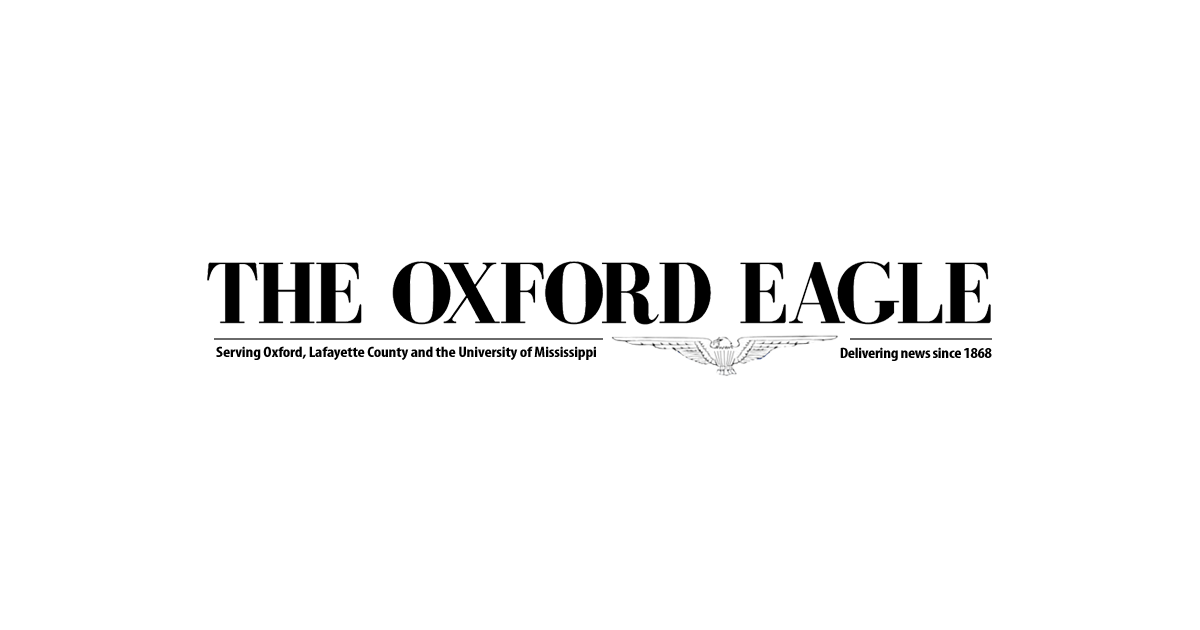A most bearable mascot solution
Published 9:17 am Wednesday, July 16, 2025
By Gregory Westphal
Guest Columnist
Dissension doesn’t need to rise to the sticks and stones stage to cause extreme upset and behavior-changing action. Oftentimes, an individual or group will get so offended by an image or idea different from their own view that they are ready to fight or find a way to radically change the opposing view.
Trending
I quote ‘Cracked Mirror’ from these roads to illustrate that, “Their slighted lives reek to the often offended…” elevated to the power of the loud few, the disenfranchised, the “I think I’m being discriminated against” so that fearful egg shell steppers who think they are in charge cower down instead of standing rightfully in favor of their own view, but not exhibiting that view in violence.
In 2010, the University of Mississippi caved to “correctness” and manipulated the change from Colonel Rebel to Rebel, the black bear. Anyone who doesn’t think this change was racially motivated has their head in the sand. Instead of allowing the mascot to represent the institution, they bought into the concept that the institution is perceived to represent whatever the mascot’s background dictates.
Colonel Reb in the 21st century is no more a threat as a school mascot than the Kansas Jayhawks, Florida State Seminoles, LSU Tiger, Oklahoma Boomer Sooners, Florida Gators, or Alabama Tide red pachyderm, among a multitude of others.
Mascot diversity is populated by militia men, devils, pirates, fighting Irish, tsunamis, snakes, alligators, demons, friars, conquistadors, and lions and tigers and bears, oh, my. Cases could easily be made that many of these mascots have dangerous, fearful, and historical propensities for violence and harm to various ethnicities and humankind in general.
As mascots, they have not committed the atrocities associated with their namesakes, but they have energetically represented their universities’ spirit and enthusiasm with their respective fan bases.
Rebel, the black bear was not particularly inspiring, regardless that Teddy Roosevelt had seen and commented on black bears in the Mississpii wild. There are bear mascots all over our country: brown bruins, black bears, golden bears, grizzlies, and sugar bears. Ole Miss has tried the black bear as a mascot, used Reddy the red solo cup (we never lost a party) and unofficially Juice, Lane Kiffin’s golden retriever.
Trending
The Landsharks, introduced by Tony Fein, are particularly adept at promoting our fierce football defenses and aggressive sports plays that overcome opponents thought to outmatch us, expressed by the hand fin to the head. Still, the flagship university in the state of Mississippi could be represented by a bear, the greatest bear.
Why not look to the stars and remake our mascot to a universally appealing concept of greatness, the Ursa Major? That would be an imposing bear mascot, calling our faculty, staff. students and athletes to stellar accomplishments.
Ursa Major also shares the same initials as University of Mississippi and offers a range of artistic renderings to commercially represent not only athletics, but our outstanding academics and community and world involvement. In sports, the two hands held overhead with growls would well represent fierceness in competition.
There are few Mississippians who have ever seen a black bear, native in our woods. Conversely, anyone in the Ole Miss family who has eyesight has looked to the night sky. They have seen the Great Bear, the constellation that never goes below the horizon, points the way to the North Star as a guide to finding directions, and has been chased for centuries by hunters and yet prevails.
Let’s promote our mascot to Ursa Major. We will still be the Rebels, and our mascot bear will be the greatest bear ever.
Gregory Westphal is a 1973 Ole Miss graduate, B.A. Philosophy.






